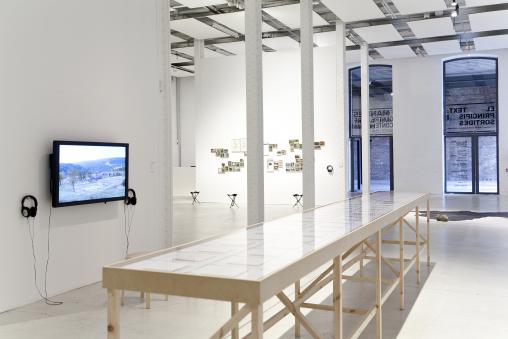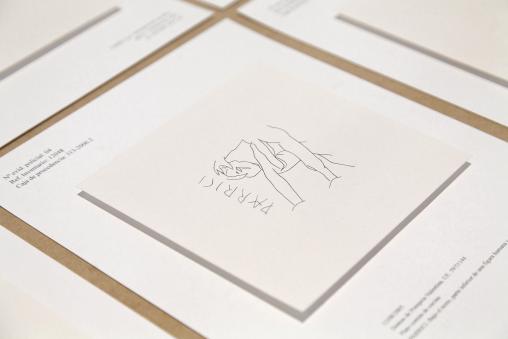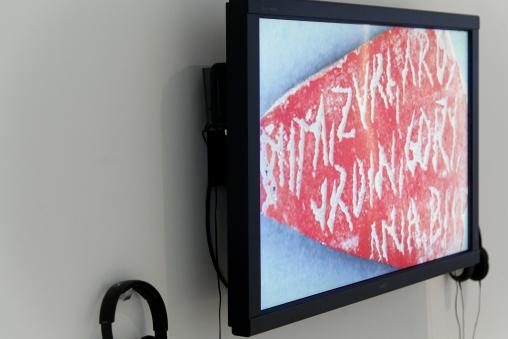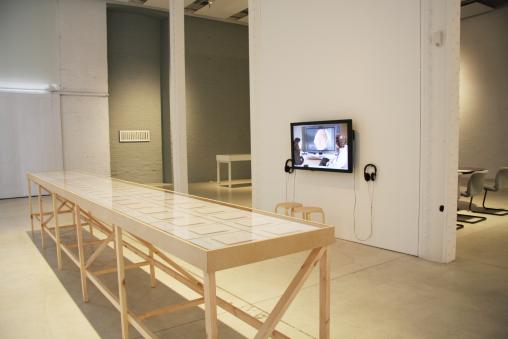The Text: First Notions and Findings - Chapter III: Manifesto. Art today, facing the doubts
Nire ama Roman hil da (My mother died in Rome) will be presented in the exhibition Manifesto. Art today, facing the doubts at Fabra i Coats - Centre d’Art Contemporani de Barcelona, curated by David Armengol & Marti Manen. It consists of handmade facsimiles of the "exceptional" graffiti discovered in Iruña-Veleia, an archaeological site in Basque Country, and a video in which the inscriptions are deciphered by different experts in favour of, or opposing, the theory that they are forgeries.
31st May–6th July 2014. Opening Friday May 30 at 20:00
With Chto Delat, Ferran Garcia Sevilla, Rubén Grilo, Núria Güell & Levi Orta, Saskia Holmkvist, Iratxe Jaio & Klaas van Gorkum, Mariona Moncunill, Wilfredo Prieto + Esther Ferrer + Martha Rosler + Guerrilla Girls
Curated by David Armengol & Marti Manen
Fabra i Coats - Centre d’Art Contemporani de Barcelona
c/ Sant Adrià, 20. 08030 Barcelona
18 h. Before Beginning, a conversation with writer Chris Kraus
20 h. Opening
The program The Text: First Notions and Findings is about the emotional relationships that are established between the person writing and the person reading. Reading a few pages of a novel in bed just before going to sleep, we allow the words to inundate us. In contrast, the exhibition offers a colder distance; we do not stroll dreamily through it, but in it we also find conceptual and passional challenges that allow us to escape from the usual rhythm.
The Text: First Notions and Findings is made up of five exhibitions, work groups, complementary activities and an educational project. The five exhibitions are organized like a book, beginning with a prologue and ending with an epilogue.
Chapter III: Manifesto. Art today, facing the doubts. All really good manifestos should be a starting point, a possibility, a powerful belief. They are about opening up worlds, making specific proposals, getting other people to take part, expanding the radius of action. A manifesto stems from a case that has to be made, set out and followed. Reading something artistic as a manifesto calls for belief and trust in the power of something—which happens to be innovative, fair, necessary or opportune—to defend a given attitude in the face of a reality that says something to us. Manifestos are not designed to keep mouths shut; they aim to raise awareness, take apart acquired notions and be a revolution in themselves—although whether on a small or large scale remains to be seen.
















